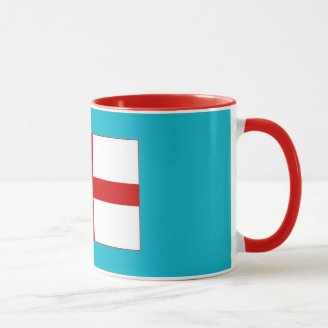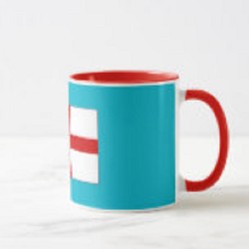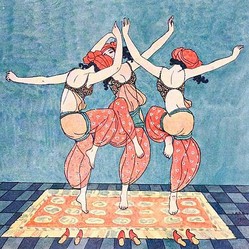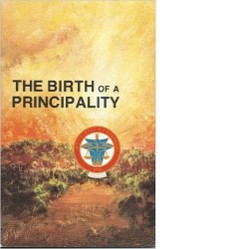Late Iron Age coins appeared in some, but certainly not all, of the British tribes. Before the Roman occupation of Britain, the people lived in tribes. In the late Iron Age some of these tribes used coins. The coin used in pre-Roman Britain seems to have been concentrated in the southeastern part of the area.
According to the article, Britain’s First Coins by Chris Rudd, published in The Journal of Ancient Numismatics, Volume 1, Issue 4, there were eleven tribes that had coins. They were the Atrebates, Ecuni, Cauti, Ragni, Belgae, Durotriges, Trinovantes, Dobunni, Corioltouvi, Catuvellouni, and East Wiltshire.












 Multivariable Calculus: Gradient, Divergence, and Curlon 12/19/2025
Multivariable Calculus: Gradient, Divergence, and Curlon 12/19/2025
 UAPs, Formerly UFOs, If They Are Real How Can We Explain Their Arrival to Earth?on 12/18/2025
UAPs, Formerly UFOs, If They Are Real How Can We Explain Their Arrival to Earth?on 12/18/2025
 Polar Coordinate Systemon 12/16/2025
Polar Coordinate Systemon 12/16/2025
 Aurora Can Disrupt Electrical Devices And Even the Grid?on 12/15/2025
Aurora Can Disrupt Electrical Devices And Even the Grid?on 12/15/2025



Comments
The first coins probably came from trade with Saxons across the channel. I suspect, since there is no adequate gold source in Britain, they erased the gods and replaced them with their own. The argument for votive offerings is they were often found with weapons buried outide religious places, I believe at the entrances.
The first subheading, The coins in hoards, ends with a second paragraph that advises us that "Two sources indicate many of the coins had no monetary use at all. Because of where they were buried they are thought to have been votive offerings to the gods of Britain."
Is there any indication as to whether coins as offerings or coins for trade inspired the first monies?
Sometimes we older folk can feel disappointed that younger generations, maybe our children, do not share our interests. For example, only one of my four children shares my passion for growing things. We just have to inspire and enthuse them in the hope that an interest may slowly arise.
Young people collecting has been a topic at my local coin club. Perhaps one reason is they use plastic cards and rarely get change to sort through. Getting coins from circulation is how many collectors get interested.
Young people have many pressures.Maybe in maturity they will take an interest.
Coins are amazing part of the history and, in my opinion, a very attractive one. Yet, young people rarely bother to even look at them, not to mention the possibility of collecting. Doesn't that attitude say a lot about today's society?
The area of East Wiltshire was near the borders of certain tribes, these being the Atrebates, Dobunni and Trinovantes, but we don't know the precise boundary lines, so it is likely that there may have been confusion about which tribe produced the coins.
I am not expert in English history, but I do research coins. That is beyond my area of expertise. One problem is the borders seem to have been nebulus, and if you look back before coins came to the area maps may have different names,. Considering when these tribes were in existence, it is amazing anything is j=known. Coins reveal some things, but according to what I read the coins were unknown until about 400 years ago, so what else still remains a mystery?, Frank might know the answer to your question.
blackspanielgallery, Thank you for the informative article and product line and for the reference to the Rudd article (which I've now read). Is there any speculation as to why the name of the East Wiltshire people is unknown?
Some were tribes, others kingdoms containing several small tribes, such as the Brigantes of North East England.